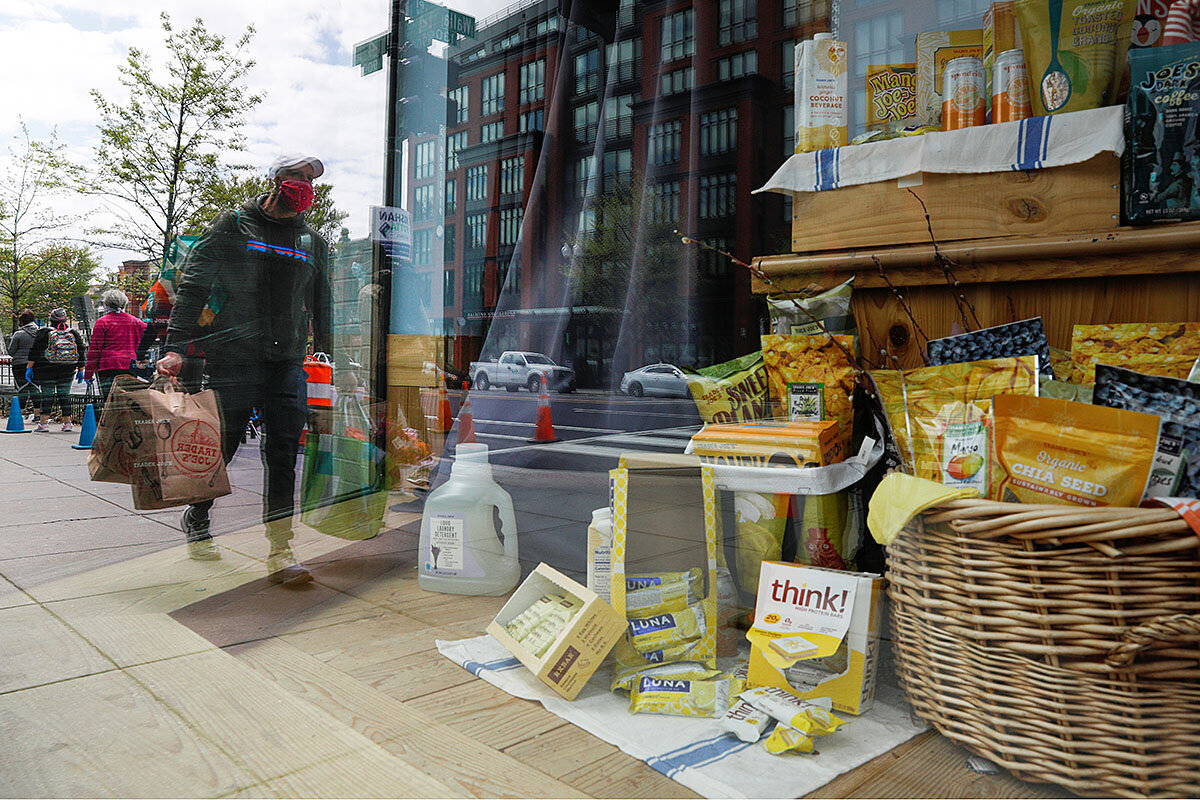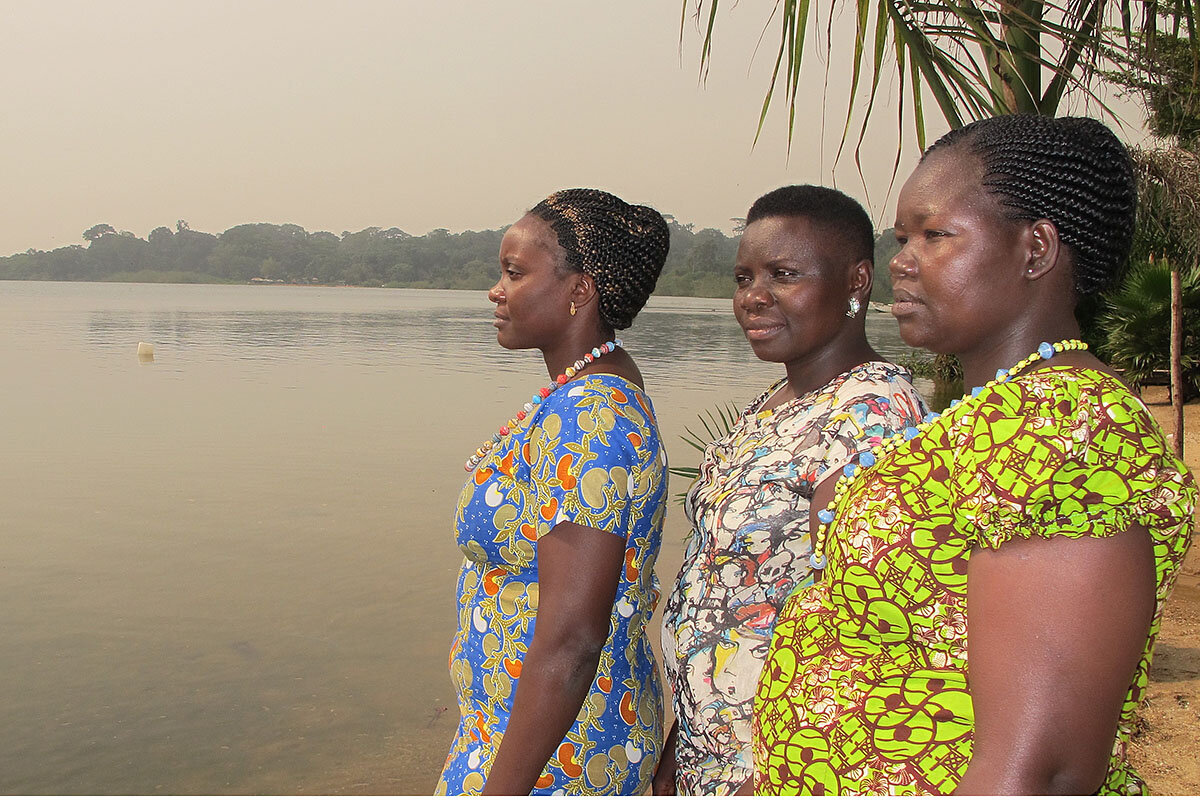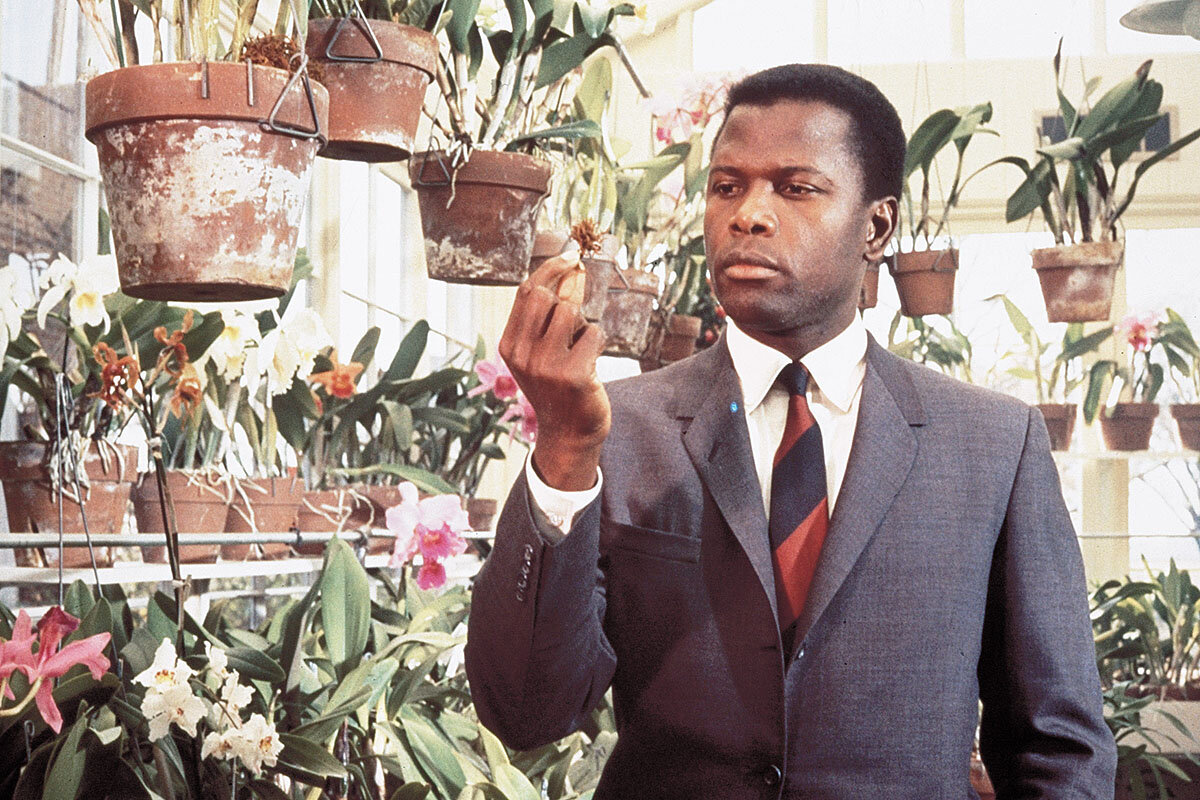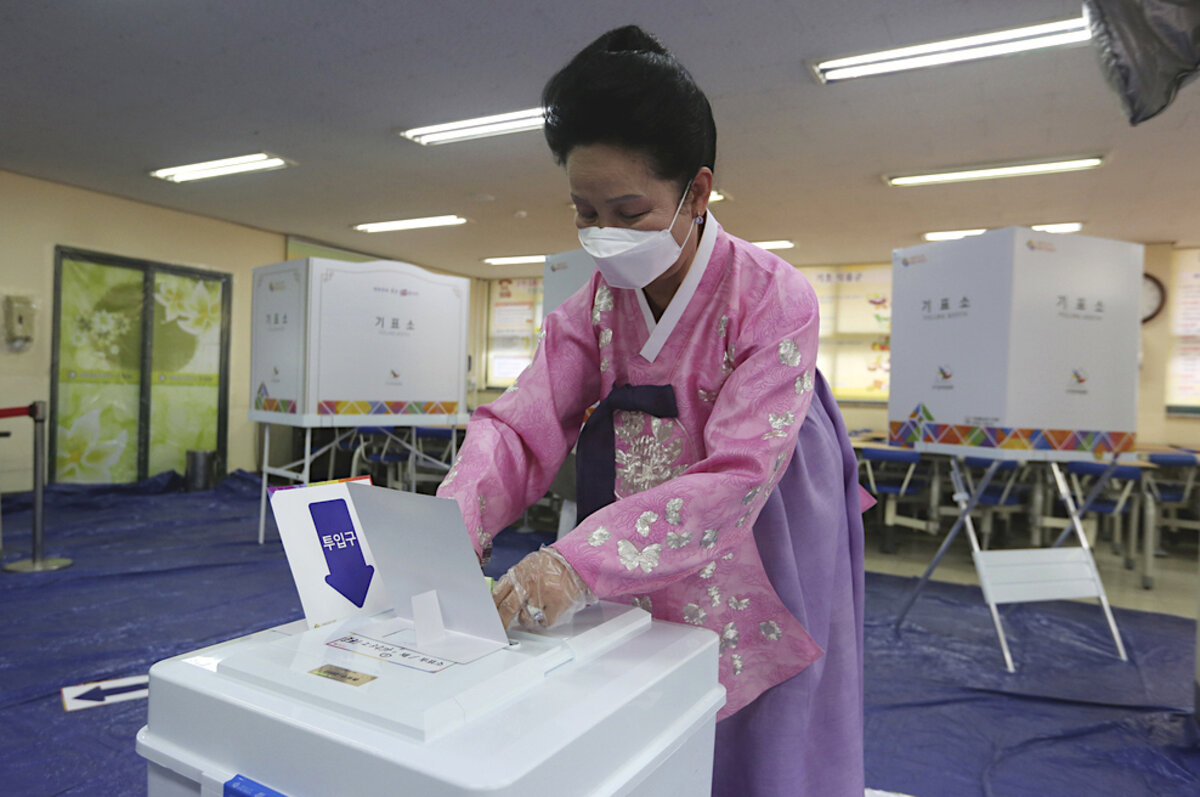As societies confront an enemy that doesn’t discriminate, there is growing praise for leadership and sacrifice. In Israel, the prominent role of Arab health care professionals is gaining appreciation.
Monitor Daily Podcast
- Follow us:
- Apple Podcasts
- Spotify
- RSS Feed
- Download
 Eva Botkin-Kowacki
Eva Botkin-Kowacki
Today’s issue looks at how Arab doctors are earning praise in Israel, the broader ripples of President Trump’s criticism of the World Health Organization, how the food supply chain is adjusting to prevent shortages, how one woman supports fellow abduction survivors, and the enduring elegance of Sidney Poitier.
As trips to the grocery store have become fraught, Americans who are staying home have sought other ways to fill their fridges and cupboards.
For many, that has meant turning to delivery services by mainstream grocers or online giants like Amazon. But those avenues, too, have become extremely difficult – if not impossible – to navigate, with the flood of customers overwhelming the systems. I myself have tried – and failed – for two weeks to set up an order (I’m out of milk). It’s a virtual logjam.
But some quarantined consumers have begun thinking out of the box. Or, well, in a different box: a CSA box.
CSAs – community supported agriculture programs – deliver food fresh from local farms directly to customers’ kitchens in a sort of subscription model. The box contains a smorgasbord of goods that the farmer has readily available depending on the season.
“We’re seeing a massive spike in the CSA,” Dave Dumaresq, founder of Farmer Dave’s in Dracut, Massachusetts, told The Boston Globe. Normally his farm sees around 300 CSA subscriptions a season. That number has already risen to 500. Other farms have had to institute waiting lists. Some have broadened their offerings to include a shorter-term subscription option.
This seems to come as part of a broader movement to support local businesses. And, more specifically, as the Monitor’s Patrik Jonsson wrote earlier this month, the pandemic may also be prompting Americans to see new value in local foodscapes.
Furthermore, as Michael Hopkins explores in today’s edition, America isn’t short on food. We’re just rethinking how to get it to our plates.










